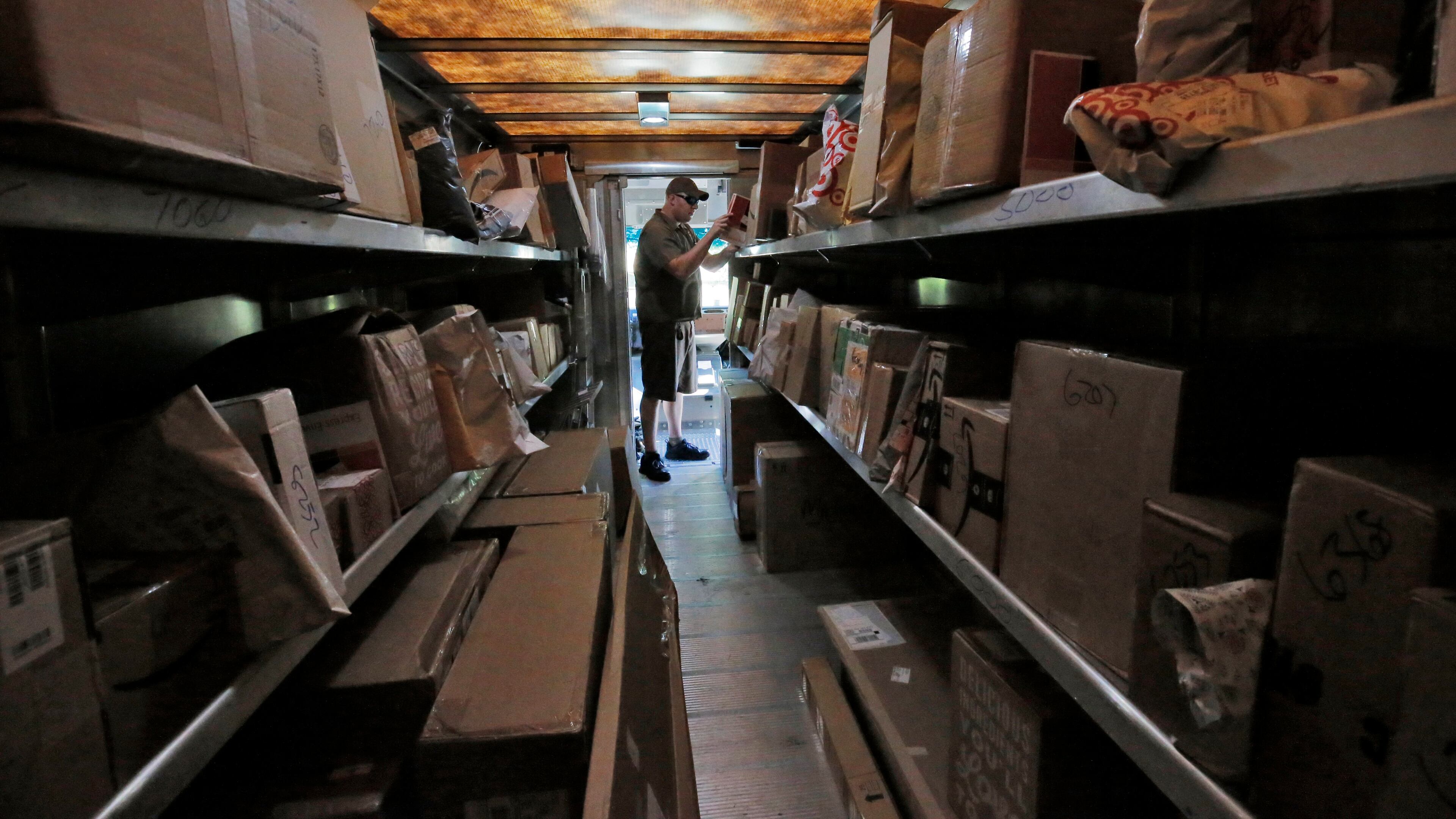Online shopping prompts changes in shipping, doorstep delivery

More consumers are making frequent online purchases of everyday goods from Amazon and other e-commerce sellers with the click of a mouse or the tap of an app, causing massive disruption in retailing.
The direct-to-consumer shipping has led to closures of thousands of brick-and-mortar stores -- and changes in how goods are shipped.
For Sandy Springs-based shipping giant UPS, the volume boost is welcome, but having drivers prowl suburbs and drop packages one at a time is far less efficient.
To combat rising costs from frequent deliveries to millions of doorsteps, UPS is finding ways to create “synthetic density,” by increasing the number of packages delivered per stop.
One example of creating “synthetic density” is the online shopping option to pick up an order at the store. Another example is UPS Access Point locations, which are local stores where neighborhood residents can pick up their UPS packages.
To read more about how UPS’s changes could transform the way consumers order goods online and get their packages, how technology is speeding up shipping and what that means for jobs, get the full story on MyAJC.com.



